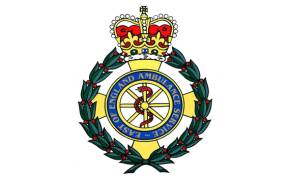
As you may be aware, there have been confirmed cases of Lassa fever identified in the East of England.
The three cases are within the same family and it has now been announced that one patient sadly died at the Luton and Dunstable University Hospital.
One of the confirmed cases has recovered and the other is receiving care at the Royal Free London NHS Foundation Trust.
Lassa fever is an acute illness caused by Lassa virus, after the town of Lassa in Nigeria where it was first identified in 1969. The disease was subsequently found in other areas of West Africa. It is a zoonosis (disease transmitted from animals to humans) acquired from a particular kind of wild rat.
Disease begins with fever, headache, sore throat, cough, nausea, vomiting, diarrhoea, muscle pain, chest and abdominal pain and general malaise. Fever can occur constantly or in peaks. Inflammation of the throat and eyes is commonly observed. In some cases the tonsils and throat become inflamed with white patches and small ulcers. Overall, only about 1% of infections result in death.
There are currently two confirmed cases and high-risk contacts have already been identified and instructed to isolate. Systems have been put in place to notify EEAST regarding potential cases, or high-risk contacts, and any transfer will predominantly be conducted by the HART Team.
Lassa fever is not spread by aerosol, so just being in the same room as the patient would not put you at risk. If you have been in close direct contact with the patient (e.g. if you treated the patient) and did not handle bodily fluids or wore adequate protective clothing for the task, you are at low risk.
Cases of Lassa fever in the UK are rare and the overall risk to the public is considered low. The Trust will remain linked in with regional systems for developments and should any actions be required by staff they will receive appropriate instructions. Wearing the correct PPE for all patient contacts and decontamination of vehicles is a vital infection control measure and standard practice.
Friday 11th February 2022